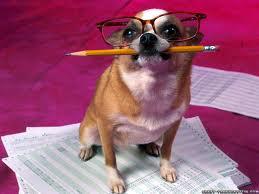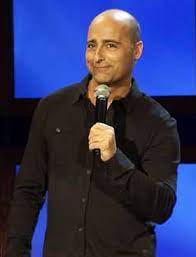Delivering a funny speech is not just about tossing out a few jokes and hoping for a laugh. The difference between a mediocre joke and an excellent one can define the entire tone and success of your speech. Many people believe that simply being humorous in everyday life translates to writing great jokes, but there's a vast gap between casual humor and crafting well-timed, polished material for a live audience. This is where the expertise of professional, proven comedy writers becomes invaluable.
Timing and Structure: The Backbone of a Great Joke
One of the primary differences between a mediocre joke and an excellent one is its structure and timing. Great jokes have a precise rhythm—like the punchline in a well-crafted story. A mediocre joke might have a funny idea behind it, but without the right pacing, buildup, and execution, it can fall flat.
Professional comedy writers understand how to engineer a joke, shaping it with the same care and precision as an architect designing a building. They know how to set up expectations in the audience’s mind, only to subvert them with a punchline that feels both surprising and inevitable. It’s not just about the words; it’s about understanding comedic beats and knowing how to manipulate tension and release. Someone who casually "thinks they're funny" often lacks this deep understanding of comedic architecture, resulting in humor that’s awkward or unrefined.
The Importance of Audience Awareness
Another critical factor in crafting excellent jokes is knowing your audience. A joke that kills at a comedy club may not work in a corporate speech, and what’s funny to one demographic might alienate another. Mediocre jokes often fail because the writer hasn’t considered who will be listening, which can result in humor that misses the mark entirely.
Proven comedy writers have spent years honing their ability to read the room. They can adapt their humor to fit different audiences, fine-tuning their jokes for the specific context in which they’ll be delivered. This audience awareness is not something you can easily learn overnight; it’s a skill acquired from years of experience and countless hours of testing material. Amateur joke writers may rely on their personal sense of humor, without fully considering the diverse tastes and expectations of a broader audience.
Layered Humor: Depth and Complexity
Mediocre jokes often aim for the low-hanging fruit—easy, surface-level humor that might get a chuckle but leaves no lasting impression. Excellent jokes, however, often have layers. They may be funny on the surface but also contain subtle wit, social commentary, or a clever observation that resonates long after the laugh. Great jokes invite the audience to think, and they work on multiple levels simultaneously.
Proven comedy writers understand the nuance of layered humor. They know how to use wordplay, irony, and satire to craft jokes that offer more than just a cheap laugh. These jokes often have greater staying power because they reward the audience for paying attention and thinking critically. By contrast, a person who casually writes jokes might deliver humor that’s one-dimensional, offering a quick laugh but little substance.
Testing and Refining Material
Professional comedy writers don’t just throw out jokes and hope they work. They test them, over and over again. Jokes are rewritten, restructured, and reworked until they’re airtight. This rigorous process of refining material makes a huge difference in the final product. A mediocre joke often feels raw or unfinished, while an excellent joke is a polished gem.
Amateurs who "think they’re funny" may not go through this process of revision. They might assume their first draft is good enough, missing the crucial element of fine-tuning that can make or break a joke. Professional writers, on the other hand, understand that good comedy is crafted, not simply written.
Conclusion
In a funny speech, the difference between mediocre and excellent jokes is not just about whether or not they’re funny; it’s about precision, timing, depth, and refinement. Proven comedy writers bring years of experience, an understanding of structure, and the ability to read the room—all qualities that ensure their jokes are not just funny, but memorable. While many people believe they can write jokes, the truth is that great comedy is a craft, and it’s one best left to those who have truly mastered it.









.jpg)

